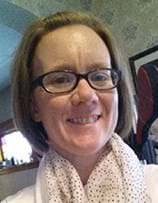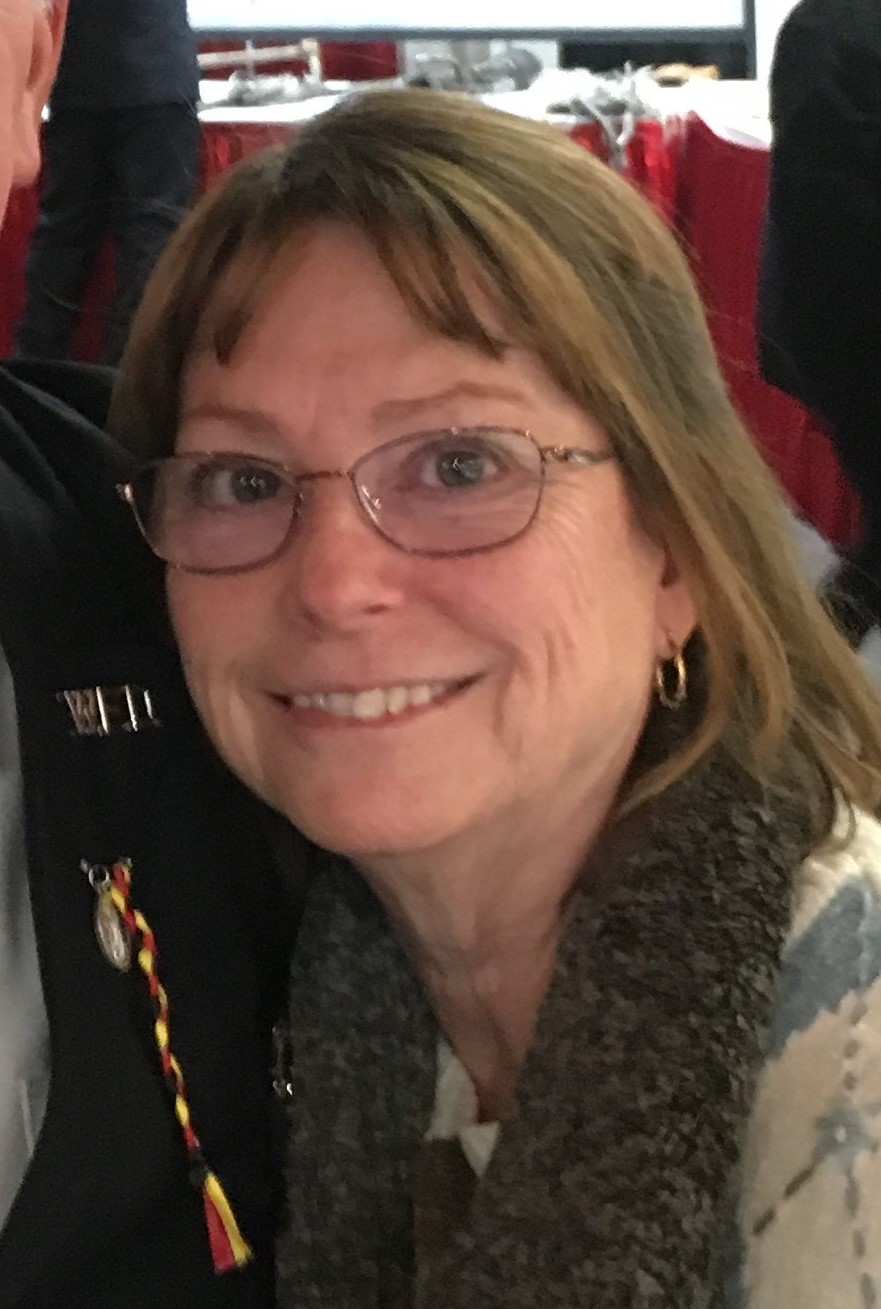

Interview with Laura Lajoie & Celia Hartigan
For the month of July, we will be featuring the people of UMass who support our research. This week, I had the pleasure of interviewing Laura Lajoie and Celia Hartigan. Laura and Celia work in our Dermatology Department and play critical support roles for our projects. Laura is the Director of the Skin Diseases Research Core, and Celia is a Research Nurse Manager who helps us with our human research studies. We have worked together for many years, during which we've become good friends. Laura and Celia are some of the hardest workers I know, and they always go above and beyond to help us. Get to know them here!
- Can you tell our readers a little about how you ended up in your current roles at UMass?
Laura: Shortly after receiving my Bachelor’s degree in Biology from the University of Maine at Machias, I was hired for a position in a private environmental food and water quality lab in the chemistry department. Once my start date rolled around, however, the company decided they could use more help in the microbiology department, so that is where I landed. I spent 14 years at that company, testing bacteria levels in various food, drinking water, and wastewater samples (think: food recalls and drinking water boil orders). After leaving there, I spent the next 5 years in a smaller, non-corporate private water quality lab as the microbiology technician, and then as the microbiology department supervisor. When Dr. Harris, whom I have known for many years, posted a position here at UMass Chan for a manager for his research laboratory, he thought I may be a good fit and invited me to apply. So here I am!
Celia: I came to UMass in 1984 to work as a nurse in the Emergency Department. I did that for about 8 years and then got into research. I was the first research coordinator for emergency medicine. I also worked in research with GI (Gastroenterology, for a large NIH-funded trial for hepatitis C), Trauma Registry, Diabetes (for an NIH-funded islet cell transplant study), and then as the manager for the Clinical Research Center. In each of these positions I have made a habit of starting programs or being the first in a new position!
- You play a supporting role for our research projects and for the Dermatology Department, which we are very grateful for. What is your favorite part about your job?
Laura: I think I would have to say my favorite part of the job is that I learn something new every day. After spending nearly two decades doing the same job, I was very confident every day that I knew what the next day would bring. In this position, however, because it is so different from what I had been doing, and also because the science of research can change literally on a daily basis, I have the opportunity to learn all kinds of new things, and my days are never the same. This can admittedly be sometimes frustrating and humbling, but it’s also been a huge opportunity to learn and grow just by being around some of the brilliant researchers, students, postdocs and scientists that I am privileged to spend my days with.
Celia: I worked with the dermatology group through the CRC (Clinical Research Center) for many years. With the research growing so much, the department needed to develop their own clinical research team which is what I am doing now. My favorite part of my job is supporting the investigators and figuring out how I can help them accomplish getting what they need for their research. And with that, learning about diseases that I’m not familiar with. I love that I still see patients, and that I balance that with behind-the-scenes work.
- What is one thing you wish everyone knew about research?
Laura: The one thing I wish everyone knew about research in general is how much failure has to happen before one instance of success. In my previous career, there were very distinct rules, regulations, acceptable limits, etc. In research, for every one experiment that is a success there were probably 99 experiments that preceded it that did not go according to plan, or did not work at all! Researchers, PhD students, postdocs – everyone who is involved on any level in scientific research – are just some of the most thick-skinned, dedicated people I’ve ever met. If they have a hypothesis, or design an experiment, and it doesn’t work – they have an amazing ability to dust themselves off, shift gears, and try again. It’s really inspiring to be around so many people that are devoted to helping move research into the understanding of diseases and patient treatments forward.
Celia: I’m amazed and in awe of the scientists and they way they are always thinking! Discoveries in research do not happen quickly, they happen over a period of many years. Then there’s the clinical research that happens after the bench research! I always tell my patients that advancements in research aren’t possible without people like them volunteering. And when they read a medicine bottle that says what the side effects are, that information comes from their participation. It’s pretty cool when they look at it that way knowing that they contributed to those results. They are proud, as they should be. Research volunteers are very special!!
- Laura, you have a personal connection to lupus. Would you mind sharing your experiences with our readers?
Laura: A woman I graduated high school with has lupus, and she sometimes chronicles her illness online. It sounds terrible, honestly – she is frequently sick, and often tired, and, although her children are older now, I know it must’ve been very difficult to raise kids feeling sick all the time.
Celia: I’m looking forward to learning more about lupus - this is a new disease area for me!
- Do you have any advice for people looking to move into a research support career?
Laura: Be prepared for your plans to NOT work. A lot of them probably won’t. Ask for help when you need it, and be willing to help others when they need it. In the grand scheme of things, I believe the research community should be on the same side – to find ways to help physicians help patients. By working in research, you have the ability to help people for generations to come.
Celia: Even as a child, I’ve always been one to ask questions if I don’t understand something! I like to know the reasons why things are done a certain way. So ask questions!
And we all appreciate you, Laura & Celia! You make our translational research possible!
Laura came in to lab as an essential personnel during COVID-19 to make sure things were under control!
Thanks to all research support staff!